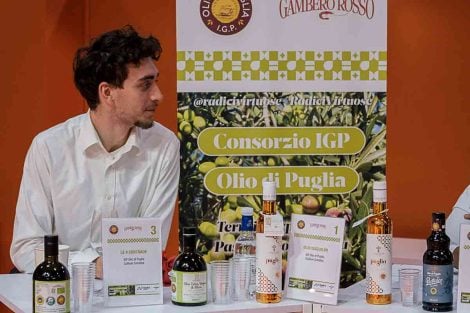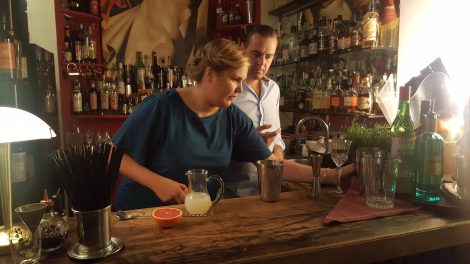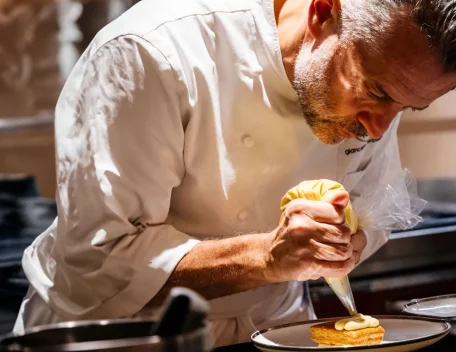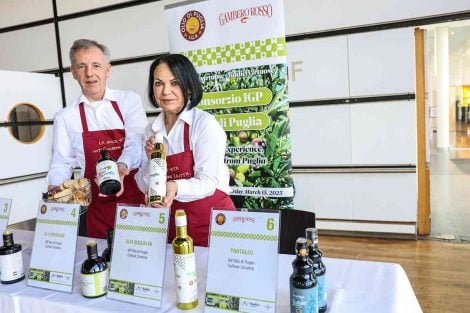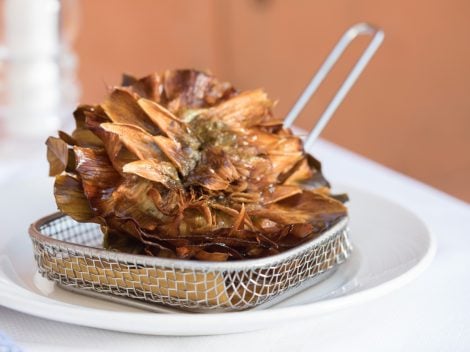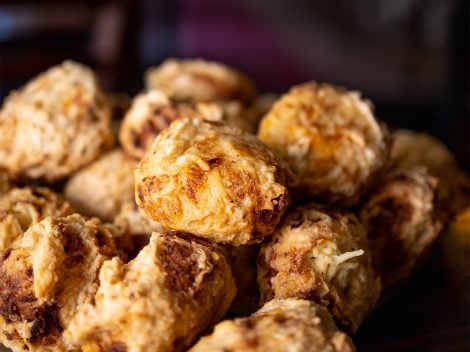The splendour of Palermo's Belle Époque is revived with the opening of Morettino Caffè Palermo, 120 years after its closure and the last coffee served. The location is the same as the historic Caffè Palermo, opened in 1872 inside the 16th-century Palazzo Guggino-Chiaramonte Bordonaro, in the heart of Palermo’s historic centre, with dual entrances on Quattro Canti and Via Maqueda. The project, passionately driven by the Morettino family, a historic Sicilian coffee-roasting family, found enthusiasm and support from the Borgia family, restaurateurs who embraced the project to revive one of Italy's most legendary cafés. It’s not just a café but a place where art takes shape in well-preserved 17th-century frescoes, a literary café room with a library and books available for guests, and a permanent exhibition of antique coffee processing tools from the Morettino Museum, alongside iconic pieces from the Mumac (Coffee Machine Museum) of the Cimbali – Faema group.
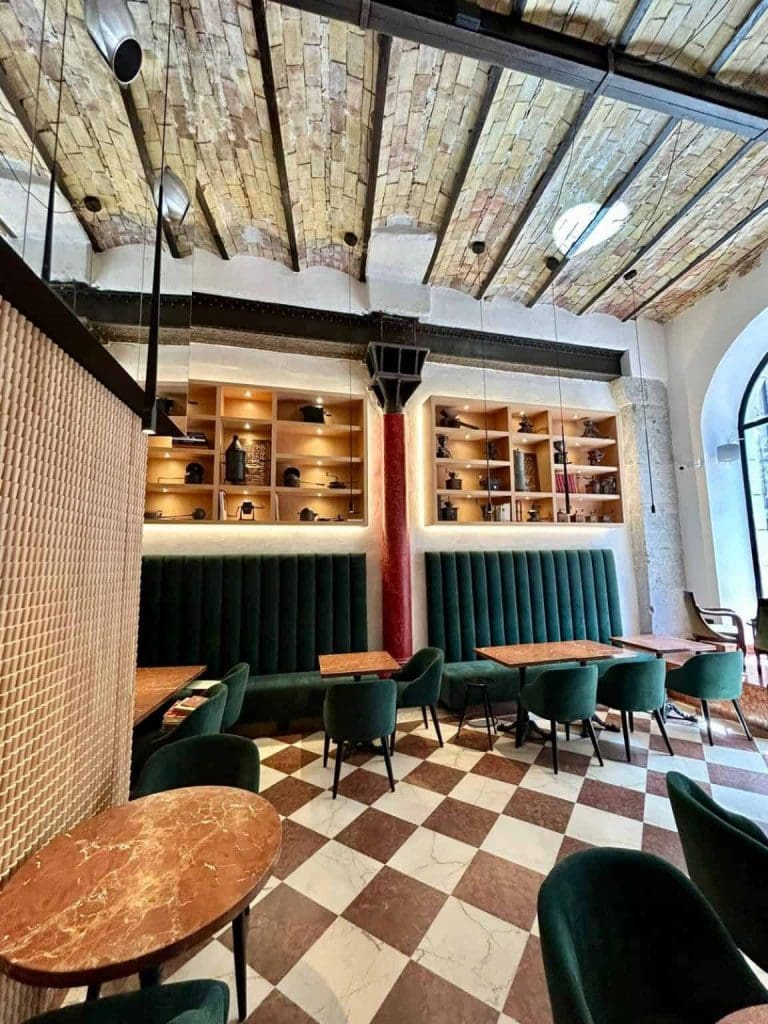
Caffè Palermo: coffee and more
From breakfast to early dinner, each moment of the day is marked by the menu at Morettino Caffè Palermo, where international flair meets Sicilian soul. From pancakes to fried sfincette, yogurt with granola, simple bread and butter with jam, and various egg dishes, the day begins at the new café, with the kitchen overseen by executive chef Leonardo Di Piazza, chef of Bioesserì and Molo Sant’Erasmo, both Borgia family restaurants. "Crunch" signifies traditional Sicilian street food, featuring arancinettes, "cunzatu" bread, homemade bread, Sicilian focaccia with porchetta, and another with primosale cheese, and homemade sliced bread.
“This ambitious project, located in the heart of our city and inspired by its historical roots, demonstrates our deep love for Palermo,” says Arturo Morettino, “and our desire to pass down our family tradition and coffee culture. Coffee is a symbol of hospitality and integration between peoples and cultures.” Andrea Morettino adds, “Coffee is an icon of sociality and sharing and now becomes a sign of rebirth for our city: the opening of bookstores, theatres, and cafés has always represented a strong signal of social and cultural awakening, a regeneration journey that Palermo deserves.”
The coffee experience
Everything revolves around the coffee experience (which Morettino cultivates directly in Sicily): from the physical to the cultural, celebrating coffee rituals as moments of conviviality and socialization, evoking the literary cafés of the 19th century, cultural, political, and intellectual hotbeds. The experiential and tasting journey begins with the Coffee Menu, developed by the Morettino family, long dedicated to coffee research and production. The Espresso ritual is celebrated with some fine blends created by the Morettino master roasters and dedicated to Palermo: the "Caffè Palermo" blend, reflecting Palermo’s tradition, and the "Rosalia" blend, a high-altitude Arabica mix created to honour Palermo's Patron Saint. The menu also includes a selection of Specialty Coffee to be enjoyed in Espresso and Filter, and Signature Coffees enriched with local ingredients. Examples include Porta Felice, a 100% Arabica espresso with Bronte pistachio cream and candied Sicilian orange garnish, and Porta Reale: espresso with ricotta cream from Piana degli Albanesi and a cannolo wafer.
The coffee experience continues with the coffee menu aligned with international offerings such as Americano, Cortado, Marocchino, Latte, Ice Latte, and Mocha. Bakery arts find their place in baked goods and desserts, including croissants, cakes, cannoli, fresh fruit tarts, and the indispensable jarred cheesecake. There is also mixology, both alcoholic and non-alcoholic, and a wine list.
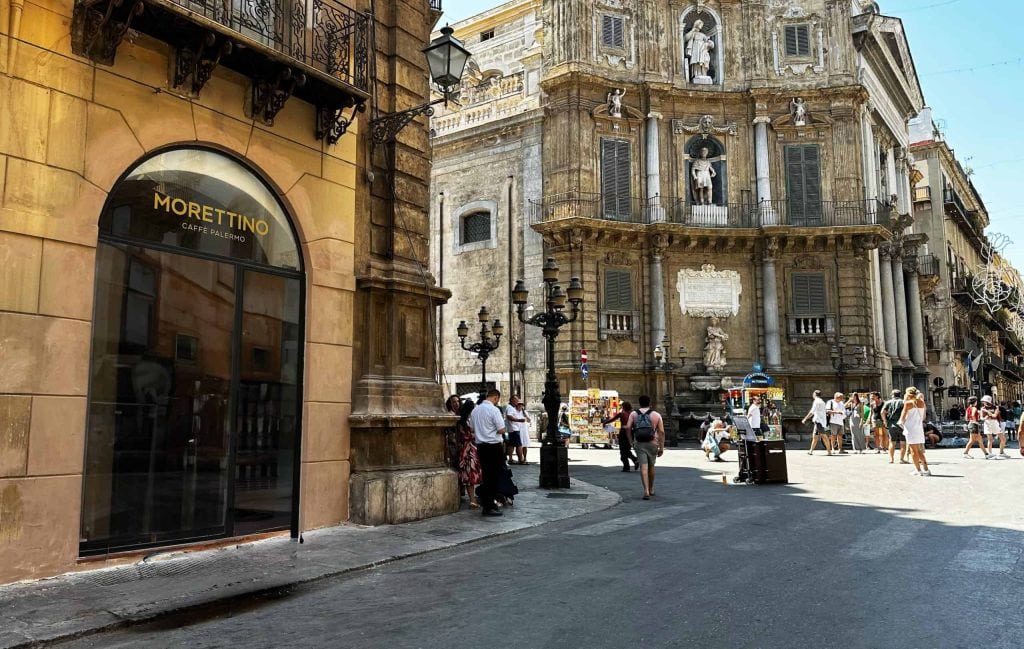
The city of hospitality and the Belle Époque
At the turn of the 19th to the 20th century, Palermo began its "felicissima" era. These were the years of Palermo's Belle Époque, marked by grandeur and the rise of the Florio family, along with entrepreneurial vibrancy from foreign entrepreneurs such as the German Gondelberg chemical magnates, French Ducrot furniture makers, and English dynasties like the Inghams and Whitakers. The spirit of these "felix" years lives on in the two rooms of Morettino Caffè Palermo - thirty seats inside and thirty outside on the iconic Via Maqueda - featuring cast iron columns, 17th-century frescoes, red Piana marble tables, original beams, art deco chandeliers, and decorative and architectural elements celebrating the greatness of the Belle Époque. A meticulous five-year restoration has revived the beauty of Palazzo Guggino-Chiaramonte Bordonaro, including 17th-century frescoes, one featuring an eagle, the symbol of the city.
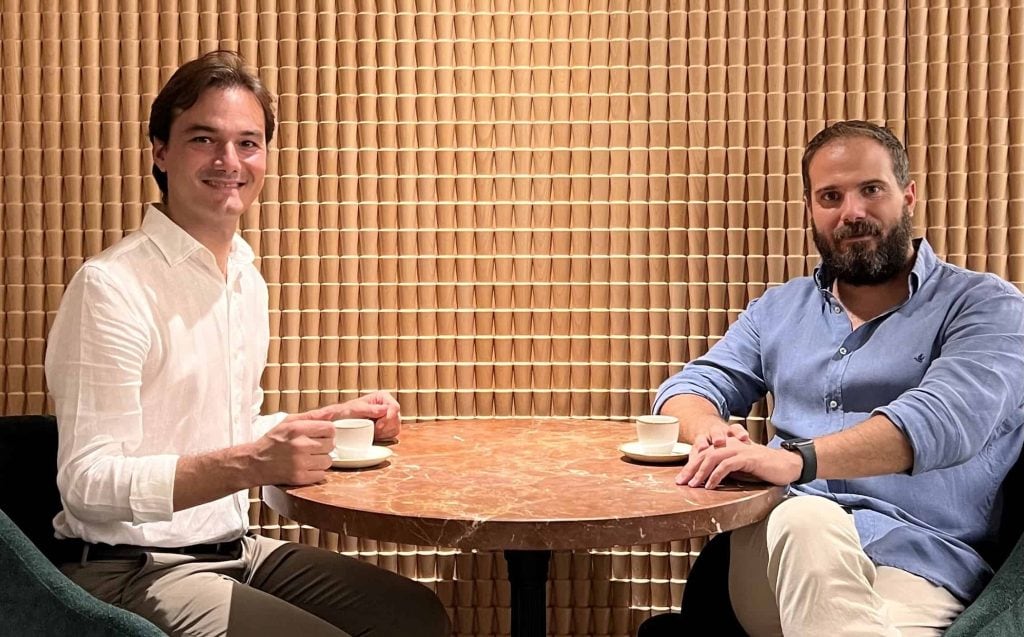
"The opening of Caffè Palermo is an important milestone and a further step forward for our ‘Borgia Group’," says Saverio Borgia. "Building a system among healthy companies is the secret to advancing our idea of innovation and doing business in Sicily, the rest of Italy, and beyond."
Morettino Caffè Palermo - Corso Vittorio Emanuele 306-308 Palermo - Apertura dalle ore 8 fino alle 21

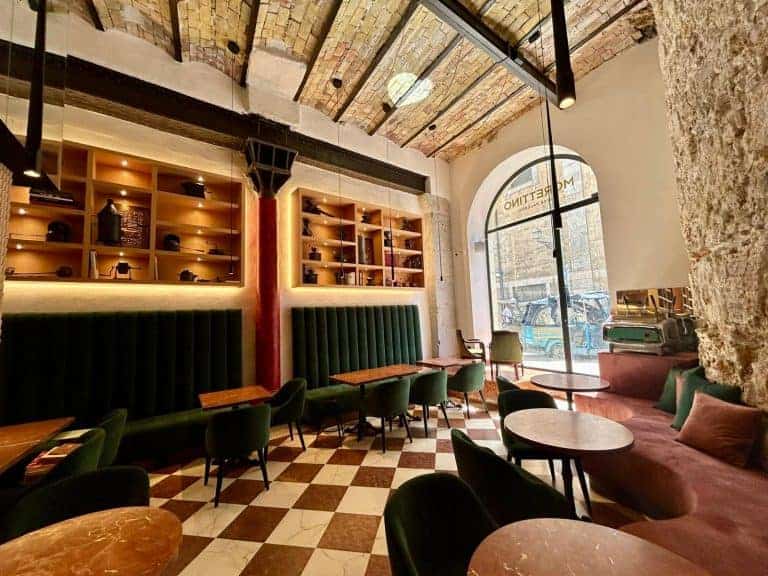
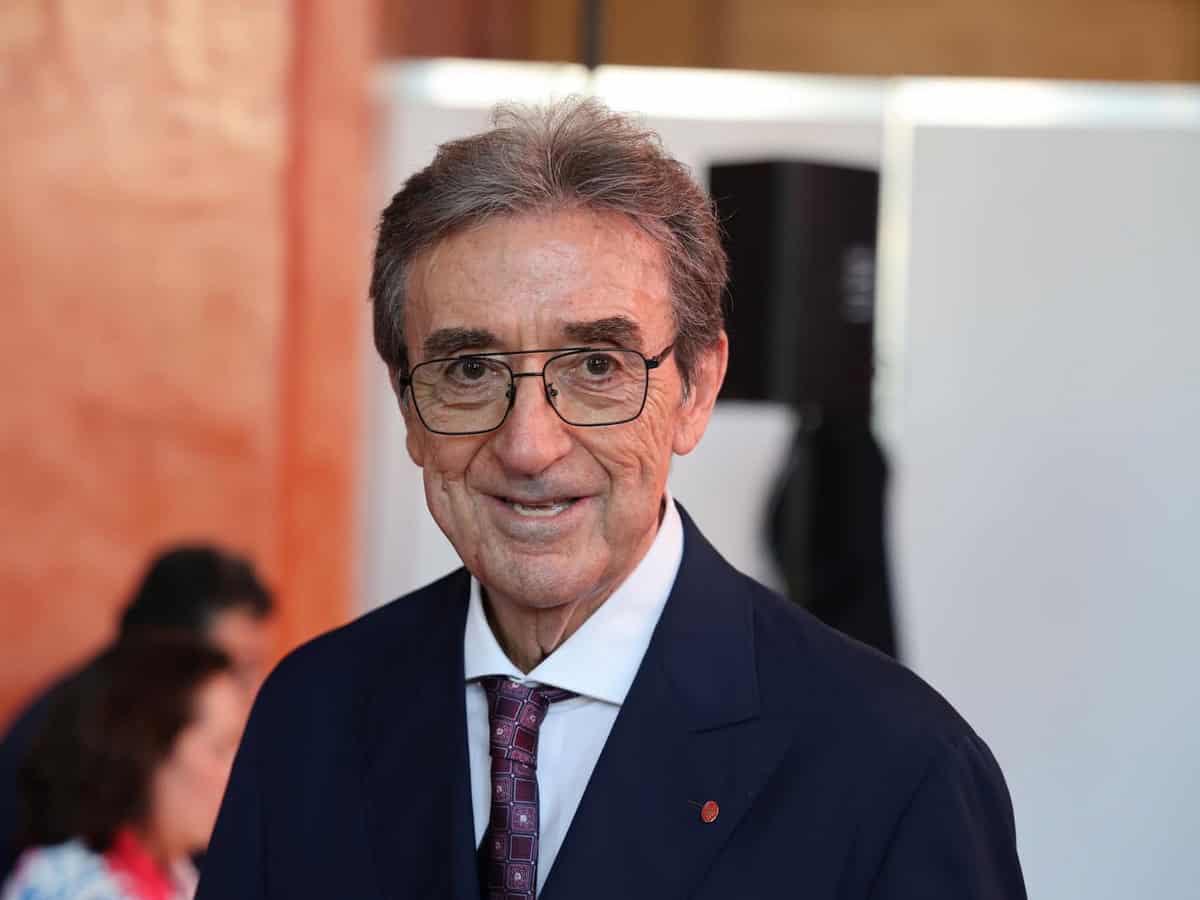 Oenologist Riccardo Cotarella will also produce dealcoholised wine: "My first bottle will be out in October and it won’t be bad"
Oenologist Riccardo Cotarella will also produce dealcoholised wine: "My first bottle will be out in October and it won’t be bad"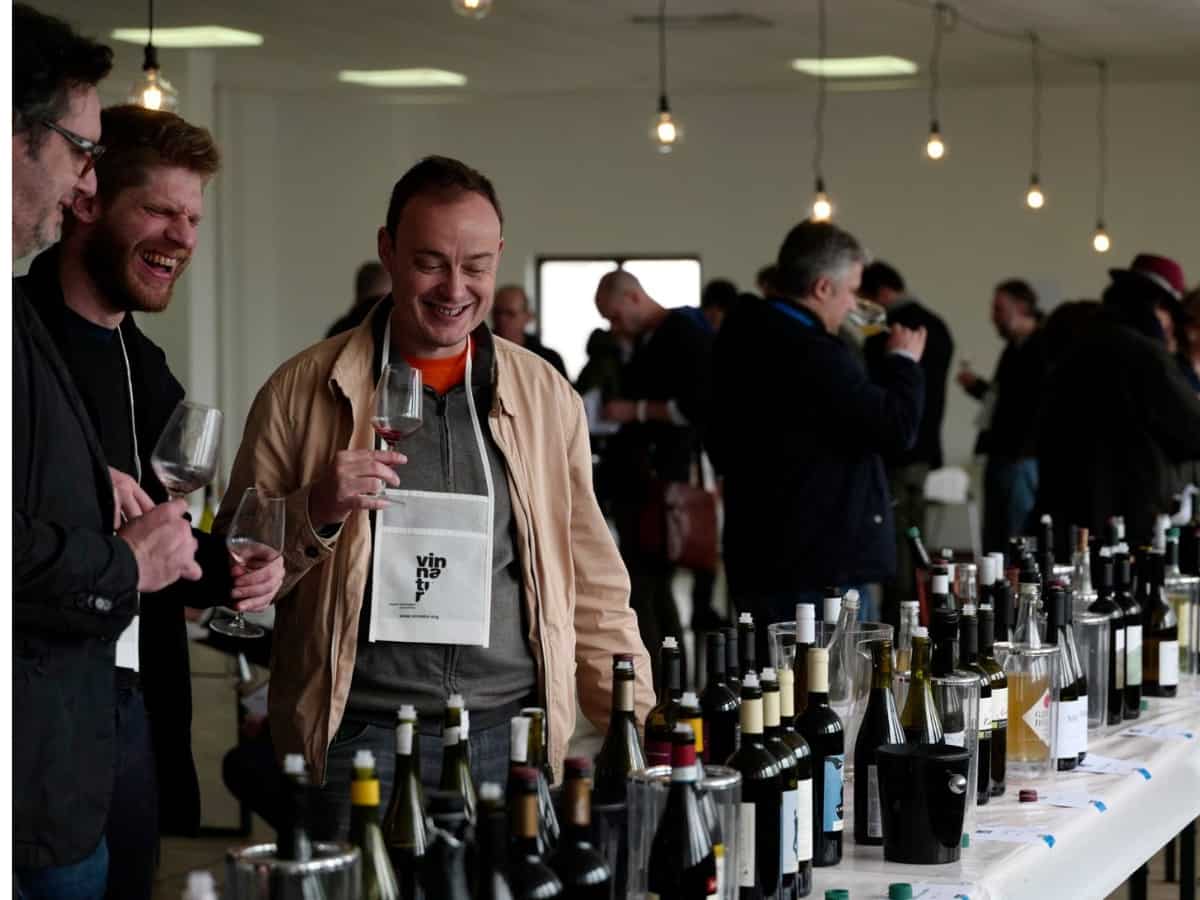 Dear natural wine world, enough with the constant polemics. If you don’t want to self-ghettoise, self-criticism is needed
Dear natural wine world, enough with the constant polemics. If you don’t want to self-ghettoise, self-criticism is needed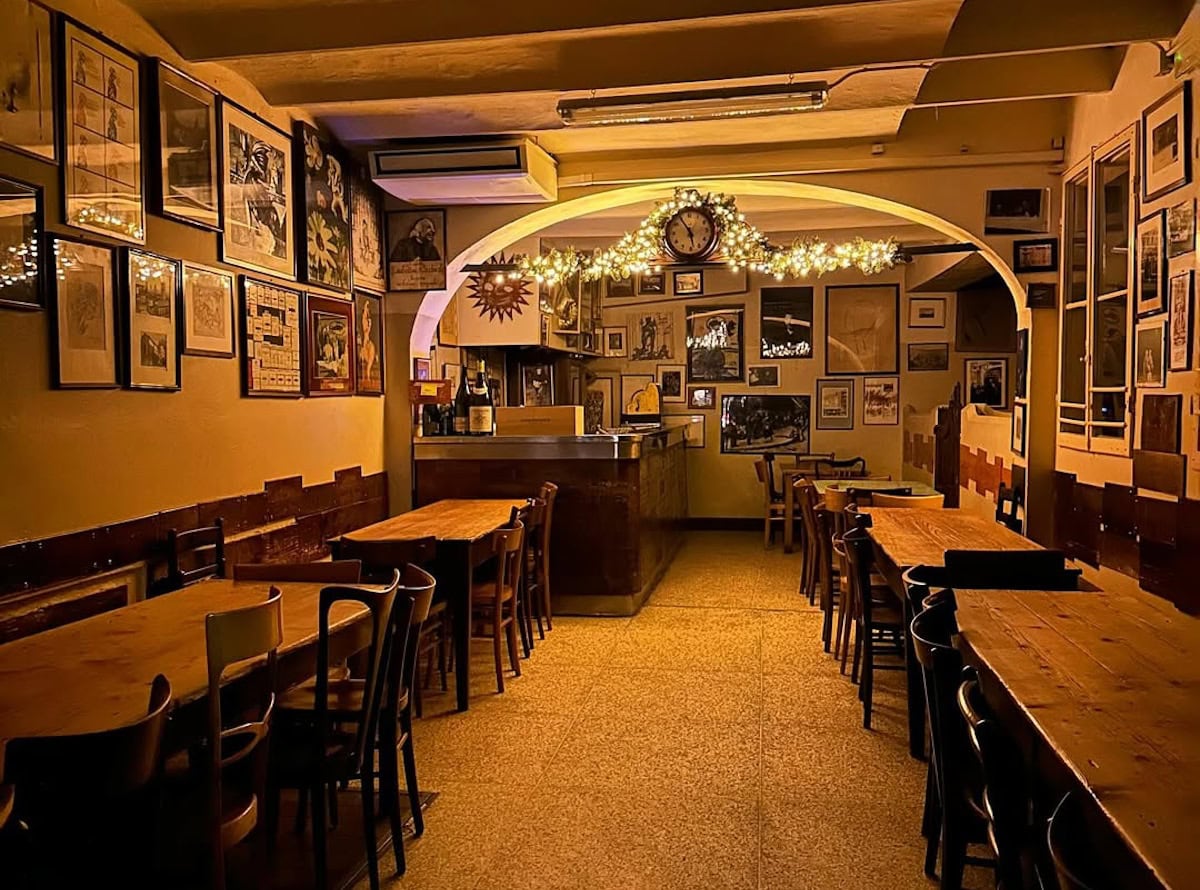 In Bologna, there is an ancient osteria where you can bring your own food
In Bologna, there is an ancient osteria where you can bring your own food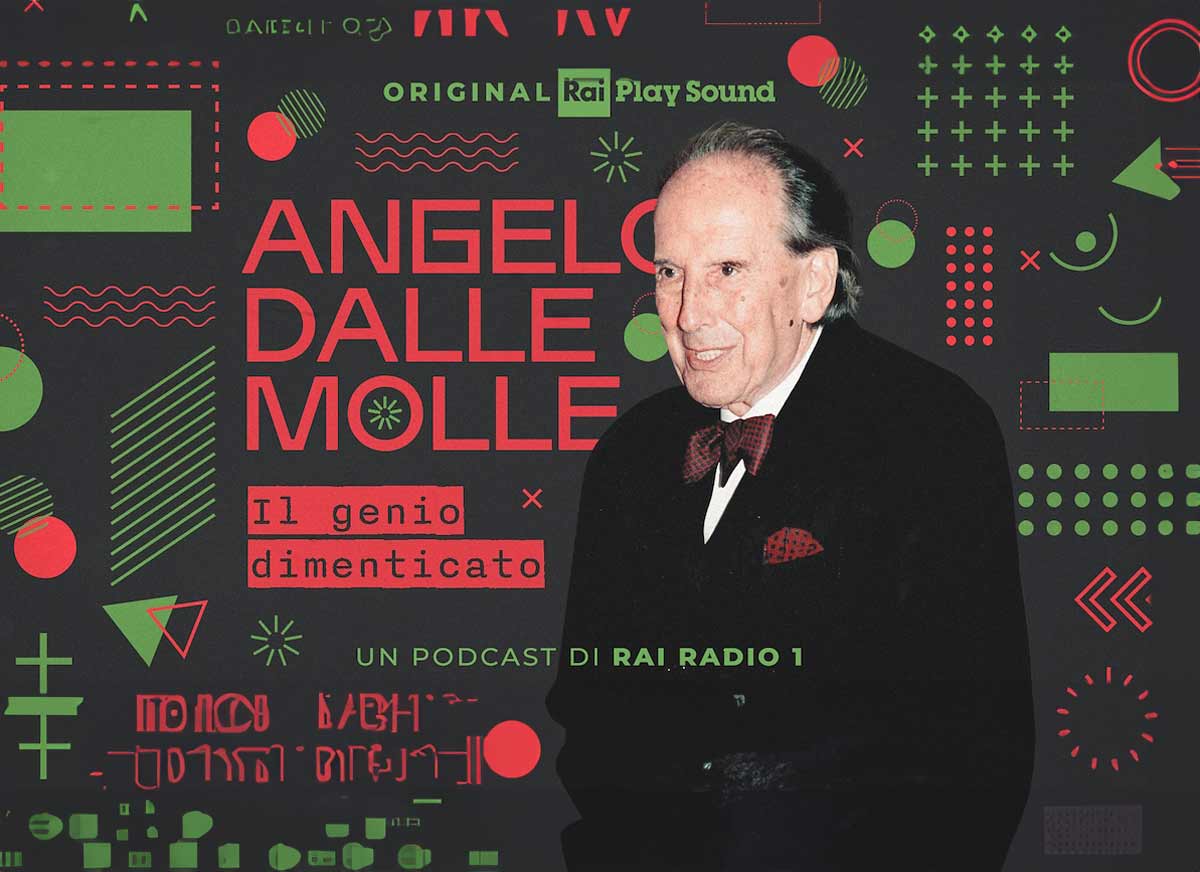 Unknown genius: the Italian inventor of Cynar who was building electric cars and studying Artificial Intelligence 50 years ago
Unknown genius: the Italian inventor of Cynar who was building electric cars and studying Artificial Intelligence 50 years ago The 11 best-value Dolcetto wines from the Langhe
The 11 best-value Dolcetto wines from the Langhe